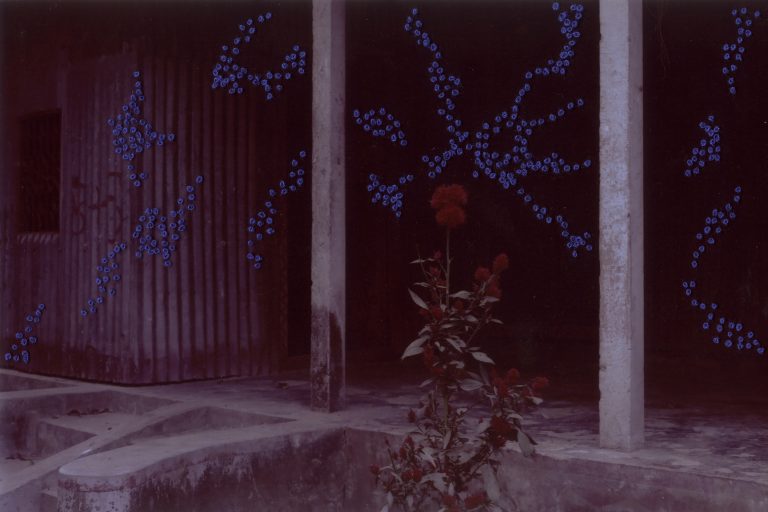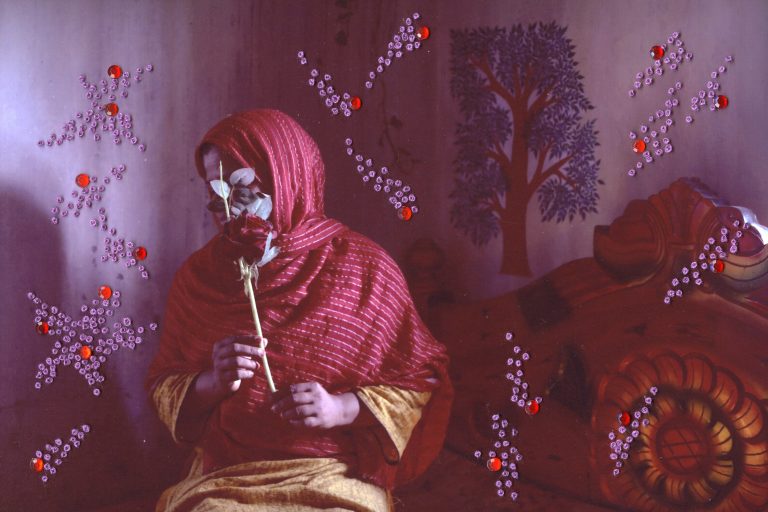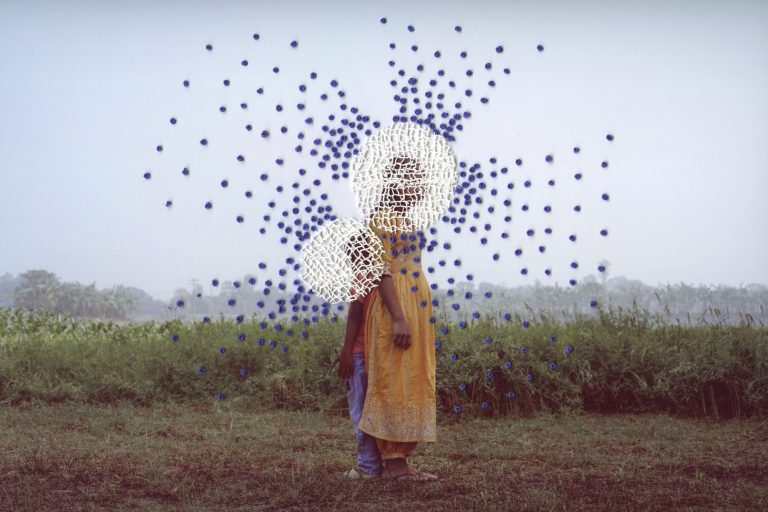Every year, thousands of women from Bangladesh, burdened by economic precarity, climate-induced loss, and an education system offering no real escape, move to Gulf countries, especially Saudi Arabia, to chase the fragile promise of a better tomorrow. They travel far, seeking work as domestic labourers in households and offices, compelled by the lack of steady employment and suffocating patriarchal labour structures in their own villages and cities.
These women carry with them the dreams they have harboured and ties to those they leave behind. However, upon arrival, they are often deprived of wages and face severe repercussions for speaking out against employers. The evidence emerges in traces—images uploaded by those in distress, news reports, survivors’ oral testimonies, and injury marks on the bodies of those that return. Enduring cycles of violence, psychological torment and sexual violation, some even pay the ultimate price—their life. Instead of seeing it as a tragic accumulation of individual suffering, their death certificates, marked ‘suicide,’ reveal the structural violence sustained by nation-states such as Bangladesh and the Gulf nations. Their bureaucracies, legal systems and political silences enable an environment of denial and impunity. In a capitalist world order, where hope is traded for labour and labour for invisibility, the struggle of these women, deemed disposable, persists across borders.
Conceived in conversation with women who returned from working in the Gulf, this work attempts to use stitching as an act of healing, to portray the harm experienced in their search for higher economic mobility. Using the technique of ‘gittu’, each knot carries the symbolic weight of both memory and persistence. Disposable materials, like gauze, point to society’s tendency to treat these women as replaceable. In working with thread, there is a reparative gesture of binding together fragments of these women’s experiences of trauma and resilience in the face of bureaucratic apathy.
Sumi Anjuman’s artistic practice emerges from Bangladesh’s conservative Muslim landscape, shaped by personal encounters with gendered trauma and the unspoken echoes of women and socially excluded identities long denied voice and presence.
She wields photography as a quiet insurgency, an embodied act restoring narrative, dignity, and visibility to what history has erased. Describing her approach as “healing through creation,” Sumi engages with individuals and communities to craft multi-layered narratives that challenge dominant histories and invite re-imagination. Through staged photography, stitched gestures, textual traces, archival fragments, and moving images, she creates work that is both meditative and defiant.
Sumi is currently based in Dhaka, where she teaches at Counter Foto and holds an MA in Photography & Society from the Royal Academy of Art, The Hague.


